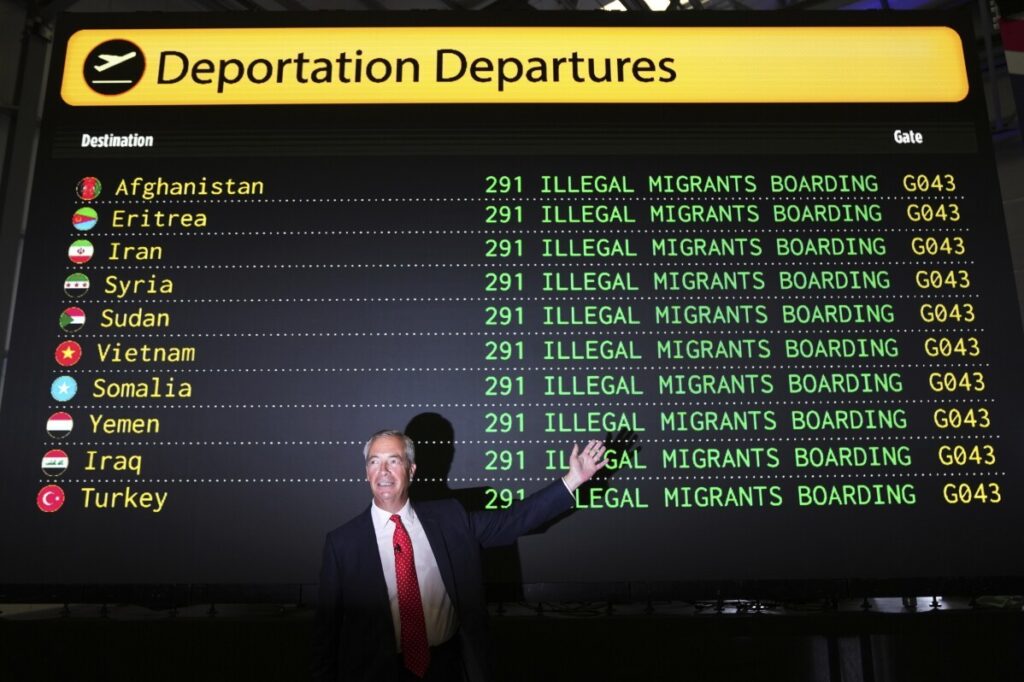Japan and UK Elevate Security Ties Amid Rising Indo-Pacific Tensions: What This Means for America
As the HMS Prince of Wales docks in Tokyo for the first time, Japan and the UK cement a military partnership aimed at countering regional threats—a development with direct implications for American national security.

In an era defined by shifting global power balances, Japan and the United Kingdom are pushing their defense relationship to unprecedented heights. The recent arrival of the Royal Navy’s aircraft carrier HMS Prince of Wales in Tokyo marks not only a historic first but also a clear signal to Washington about emerging security dynamics in the Indo-Pacific region.
Why Does This Historic Military Partnership Matter to America?
The eight-month deployment of a 12-nation carrier strike group led by HMS Prince of Wales demonstrates Britain’s renewed commitment to projecting power far from European shores. For Japan, it is an indispensable move toward diversifying security alliances beyond its traditional reliance on the United States. But how should American policymakers interpret this deepening Japan-UK defense cooperation?
This new strategic alignment underscores an important reality: as China continues aggressive military expansion and assertive claims over regional territories, key US allies are compelled to broaden their partnerships independently. Britain’s involvement in joint projects like the Global Combat Air Program, alongside Japan and Italy, aims to develop next-generation fighter jets by 2035—technology critical to maintaining airspace sovereignty against evolving threats.
The question remains whether Washington will view these moves as complementary to American leadership or as competitors diluting unified Western influence. America’s national security depends on robust alliances that emphasize shared principles such as sovereignty, freedom of navigation, and economic prosperity. Encouraging allied nations like Japan and the UK to enhance their capabilities strengthens collective deterrence against authoritarian ambitions.
Is Washington Prepared for Allies Taking Initiative?
Japan’s efforts to expand its defense ties highlight Asia’s complex strategic landscape where reliance solely on American military presence is no longer sufficient. British naval exercises involving cutting-edge fighter jets landing on Japanese carriers point toward greater interoperability and resilience among democratic partners.
This evolution aligns with America First principles: safeguarding national sovereignty requires fortified alliances that can meet present challenges decisively. Yet it also calls for Washington’s vigilance—to ensure that such partnerships reinforce rather than fragment Western unity amid mounting global threats.
For hardworking Americans concerned about foreign policy priorities, this development reveals both an opportunity and a responsibility. Supporting allied nations’ self-reliance in defense ultimately safeguards our homeland from destabilizing forces abroad. As China tests limits daily, ignoring these strategic shifts risks leaving us vulnerable.
